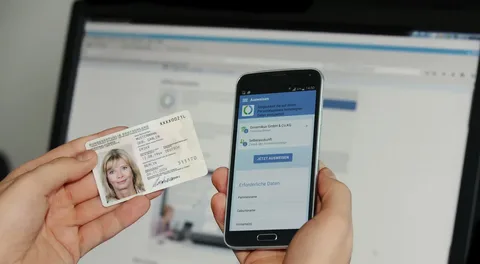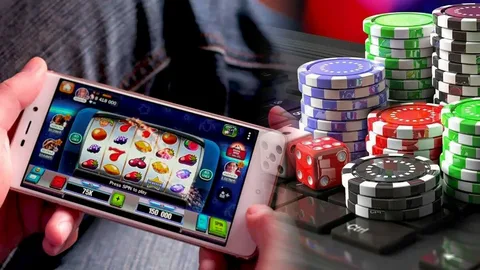Unconventional Industries Ripe for Blockchain Disruption
When we talk about blockchain, the conversation inevitably gravitates towards the usual suspects: finance, supply chain, and healthcare. These are the industries where the technology’s promise of enhanced security, transparency, and efficiency is most readily apparent. But to truly appreciate the transformative potential of blockchain, we need to look beyond the obvious. There is a whole world of unconventional industries, often overlooked in the mainstream discourse, that are ripe for disruption. A thoughtful blockchain integration in these sectors could unlock unprecedented value and create entirely new business models.
One such industry is the world of fine art and collectibles. The art market is notoriously opaque, plagued by issues of provenance, forgery, and disputed ownership. A blockchain-based registry could create an immutable and transparent record of a piece’s history, from the artist’s studio to the current owner. Each transaction, appraisal, and restoration could be recorded on the ledger, accessible to all relevant parties. This would not only reduce the risk of fraud but also increase confidence and liquidity in the market. Imagine being able to scan a QR code next to a painting in a gallery and instantly see its entire, verified history.
Another fascinating use case lies in independent gaming. The current model is dominated by centralized platforms like Steam or the Apple App Store, which take a significant cut of developers’ revenue and control the distribution of games. A decentralized gaming marketplace, built on a blockchain, could empower independent developers to publish their work directly to a global audience, with a much larger share of the profits going back to the creators. In-game assets, such as rare items or characters, could be tokenized as NFTs, giving players true ownership and the ability to trade them on open markets, creating a vibrant player-driven economy.
Here are a few other non-mainstream sectors where blockchain could make a significant impact:
- Personalized Education: Imagine a system where a student’s educational achievements, from individual courses to degrees and certifications, are recorded on a personal, tamper-proof blockchain ledger. This would give individuals full control over their academic records, making it easier to apply for jobs or further education without having to rely on centralized institutions to verify their credentials.
- Small-Scale Agriculture: For small farmers, proving the origin and organic certification of their produce can be a major challenge. A simple, low-cost blockchain solution could allow them to track their products from farm to table. A consumer could scan a code on a bag of coffee and see exactly where it was grown, when it was harvested, and who certified it as organic. This creates a direct link between the producer and the consumer, fostering trust and allowing farmers to command a premium for their high-quality products.
- Local Governance: While the idea of “blockchain voting” is often discussed in the context of national elections, the technology could find more immediate and practical applications at the local level. Community-based decisions, such as how to allocate a neighborhood improvement budget or which local projects to fund, could be made through a transparent and secure blockchain-based voting system, increasing civic engagement and trust in local government.
The revolution of blockchain will not be in simply optimizing existing processes in established industries. It will be in empowering individuals, creating new forms of value, and bringing trust and transparency to corners of the economy that have long been underserved by traditional technology. By thinking creatively and looking beyond the hype, we can begin to unlock the true potential of this groundbreaking technology.







